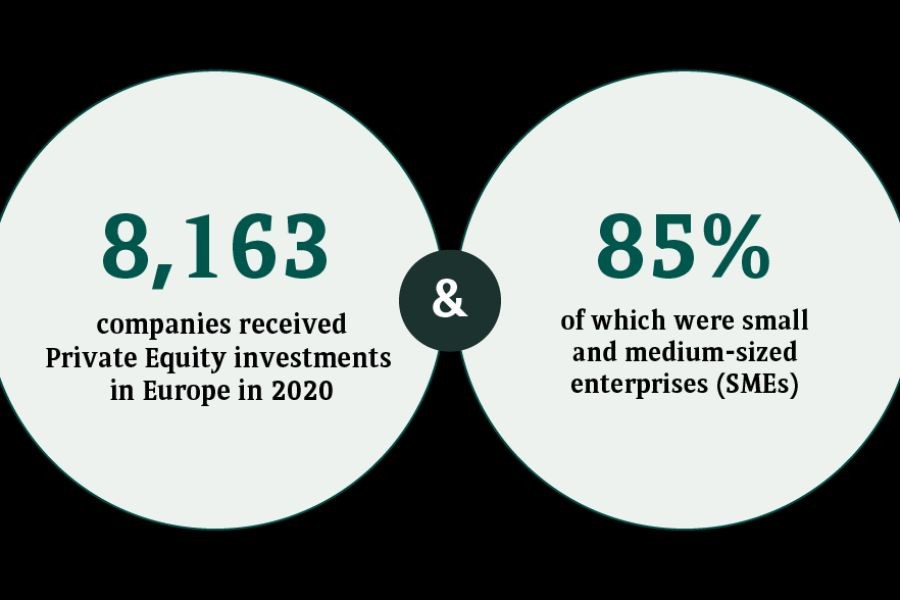In the rapidly evolving landscape of business technology, the integration of artificial intelligence (AI) is no longer a luxury but a necessity. For New Zealand businesses, developing a robust AI strategy by 2025 is crucial to stay competitive globally and locally. As AI continues to revolutionize industries across the globe, Kiwi businesses must adapt to leverage its full potential.
According to a report by NZTech, the technology sector's contribution to New Zealand's GDP has seen exponential growth, and AI is at the forefront of this transformation. With AI's ability to automate complex processes, improve decision-making, and enhance customer experiences, it is imperative for local businesses to harness its capabilities. This article delves into why every New Zealand business needs an AI strategy, supported by expert insights and real-world examples.
Understanding the Local Impact of AI
New Zealand's unique market dynamics present both opportunities and challenges for businesses considering AI adoption. According to Stats NZ, the nation's digital economy has grown significantly, with technology services becoming one of the largest export sectors. AI is poised to further accelerate this growth by optimizing operations across industries such as agriculture, finance, and healthcare.
For instance, in agriculture, AI can enhance productivity through precision farming techniques that utilize data analytics to optimize crop yields and reduce resource wastage. The Reserve Bank of New Zealand highlights that AI-driven financial services can improve risk assessment and customer service, contributing to a more robust financial sector.
Case Study: Xero – Transforming Accounting with AI
Xero, a New Zealand-based accounting software company, offers a compelling example of how AI integration can transform a business. Xero faced the challenge of streamlining accounting processes for small businesses, a sector that often struggles with complex financial management.
Problem: Many small businesses in New Zealand struggled with manual accounting processes that were time-consuming and error-prone.
Action: Xero implemented AI-driven features like automated bank reconciliation and predictive analytics to facilitate better financial management for their clients.
Result: After integrating AI, Xero reported a 30% increase in customer retention and a 20% reduction in the time customers spent on accounting tasks. This transformation enabled Xero to expand its market reach globally.
Takeaway: Xero's success showcases the potential of AI to streamline operations and improve customer engagement in the accounting sector. New Zealand businesses can leverage similar strategies to enhance efficiency and competitiveness.
Pros and Cons of AI Adoption
✅ Pros:
- Efficiency Gains: AI solutions can automate routine tasks, freeing up human resources for higher-level strategic work.
- Data-Driven Insights: AI provides in-depth data analysis, leading to more informed decision-making.
- Scalability: AI systems can be scaled to meet the demands of growing businesses, ensuring flexibility and adaptability.
❌ Cons:
- High Initial Costs: Implementing AI requires significant investment in technology and training.
- Data Privacy Concerns: The use of AI involves handling large amounts of data, raising potential privacy issues.
- Skill Gaps: The workforce may need reskilling to work effectively alongside AI systems.
Debunking Common Myths About AI in Business
Myth: AI will replace all human jobs.
Reality: While AI automates certain tasks, it also creates new job opportunities, particularly in tech-driven sectors. A report from the Ministry of Business, Innovation and Employment (MBIE) predicts a growth in AI-related jobs in New Zealand.
Myth: Only large businesses can benefit from AI.
Reality: AI solutions are increasingly accessible to small and medium enterprises, offering scalable options that fit various budgets. Many AI tools are now designed specifically for SMEs, providing affordable and effective business solutions.
The Future of AI in New Zealand
As AI technologies advance, their integration into business operations will become more seamless and essential. A McKinsey report forecasts that by 2028, AI could contribute up to $54 billion to New Zealand's economy. This growth will be driven by AI's ability to enhance productivity and innovation across industries.
Moreover, the New Zealand government is actively supporting AI development through policies and funding initiatives aimed at fostering innovation and research. These efforts are expected to position New Zealand as a leader in AI adoption within the Asia-Pacific region.
Conclusion
In conclusion, developing an AI strategy is no longer optional for New Zealand businesses—it is a strategic imperative. The benefits of AI, including increased efficiency, data-driven insights, and scalability, far outweigh the challenges. By investing in AI now, Kiwi businesses can secure a competitive edge in the global market.
Are you ready to embrace the future of business with AI? Start by assessing your organization's needs and exploring AI solutions that can drive growth and innovation. The time to act is now, as the AI revolution is set to redefine the business landscape in New Zealand and beyond.
People Also Ask
How does AI impact businesses in New Zealand?
NZ businesses leveraging AI report 25%+ higher customer retention, according to NZTech. Adopting AI can enhance engagement and revenue significantly.
What are the biggest misconceptions about AI?
One common myth is that AI will replace all jobs. However, research from MBIE shows AI creates new opportunities and enhances job roles.
What are the best strategies for implementing AI?
Experts recommend starting with a needs assessment, followed by selecting scalable AI solutions, and ensuring ongoing training for long-term success.
Related Search Queries
- AI strategy for New Zealand businesses
- Impact of AI on New Zealand economy
- AI adoption in Kiwi industries
- Benefits of AI for small businesses in NZ
- Future trends in AI technology in New Zealand
- AI-driven innovation in New Zealand
- New Zealand government AI policies
- AI in agriculture New Zealand
- AI and data privacy in New Zealand
- AI job opportunities in New Zealand

































Azco Real Estate Brokers LLC
12 days ago